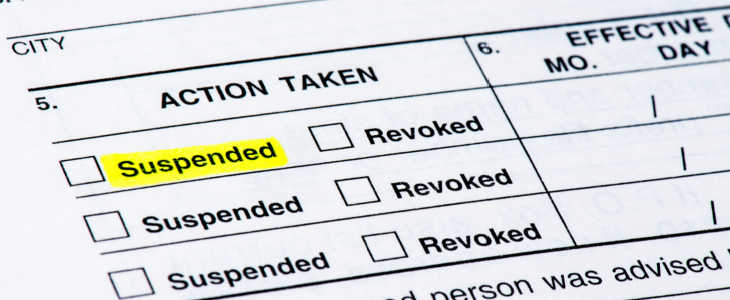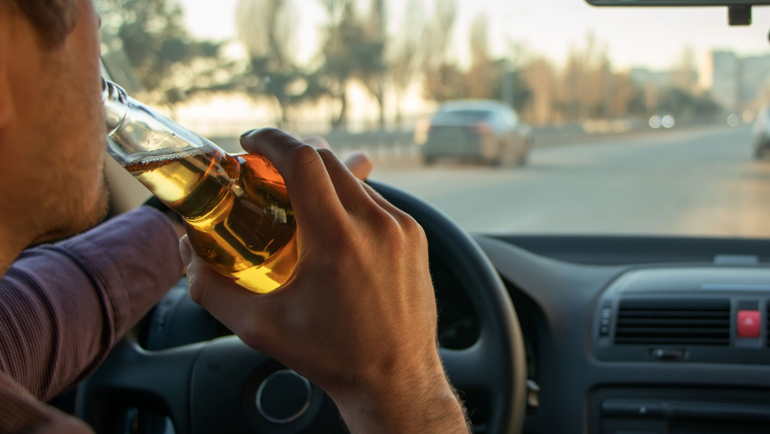13Views

Drunk driving incidents typically lead to criminal charges and civil lawsuits from injured parties who seek redress for medical bills and emotional trauma suffered.
An experienced drunk driving attorney can use police reports, chemical test results, eyewitness statements and dashcam video footage of the driver to build a strong case for drunk driving charges.
Manslaughter with gross negligence
Manslaughter with gross negligence is a more serious charge than ordinary manslaughter, involving someone’s intentional disregard of the need to use reasonable care and creating an imminent risk of harm or death to others. This crime resembles criminal negligence causing death in England and Wales or culpable homicide in Scotland and some Commonwealth jurisdictions.
To establish this offense, the prosecution must establish that your actions caused someone’s death and that you knew or should have known of its high risk of injury or death. Furthermore, your conduct must have shown gross negligence – all elements required to sustain a conviction on this felony charge. A Alpharetta DUI lawyer can help defend you in court against such allegations.
Janet is an excellent example of gross negligence when she takes to her car after drinking too much and driving. After exceeding the speed limit and causing a fatal collision, the prosecutor may charge her with gross vehicular manslaughter.
However, for any death to be considered grossly negligent and not unlawful acts such as felonies in Alpharetta. A misdemeanor or infraction alone will suffice as proof of gross negligence; there can be some gray areas between this distinction and felonies in this state.
Second-degree murder
When someone kills another by driving under the influence, they may be charged with second-degree murder. This type of killing differs from manslaughter as its prosecutor must prove you acted with “implied malice”, meaning you were aware that your conduct would likely result in harm or death and your recklessness was extreme. Furthermore, they must show that there wasn’t any disregard for human life in your actions – in other words that knowing drinking and driving could kill someone but you still didn’t care.
Most deaths caused by drinking and driving are charged as manslaughter because most cases do not involve malice or reckless disregard for others’ safety. However, occasionally an under-the-influence death will be charged as second-degree murder as it appears that defendant acted with malice or extreme indifference towards human life value.
If you are charged with this crime, the consequences can be serious – up to life in prison and/or a substantial fine depending on your state of residence. A conviction can also impact your employment opportunities or ability to rent an apartment; furthermore, carrying one will remain on your record forever. It’s critical that when facing this type of accusation that an experienced defense attorney be retained; they can build your strongest case possible using private investigators, medical and hospital experts and accident reconstruction experts as part of their team of defense lawyers.
Federal sentencing guidelines
Federal sentencing guidelines are an invaluable asset to legal professionals and defendants alike. They provide a structured framework that outlines potential penalties in criminal negligence cases, from probation to significant prison sentences based on various factors like nature of offense or harm caused.
In 1984, Congress established the US Sentencing Commission as a legislative response to inconsistencies in federal criminal sentencing practices. Their guidelines are intended to promote consistency and fairness within federal criminal justice system while being regularly updated to reflect new trends and legal standards. Furthermore, education and training are offered by this Commission so as to ensure all participating officials understand and apply these guidelines consistently across the nation.
Federal sentencing guidelines provide a clear framework for criminal negligence cases while also factoring in mitigating factors, such as first-time offenders with no prior record receiving less severe punishments; repeat offenders may face harsher sentences in order to deter future illegal behavior and discourage repeat offenses from continuing their crimes sprees.
As drugs are classified based on abuse potential and medical use, offenders driving while under the influence of Schedule I and II drugs will face more severe penalties than those using lesser categories of substances.
Federal analysis protocols
Federal analysis protocols are used by law enforcement agencies to verify the integrity of evidence collected by them, making an essential part of any investigation and impacting the outcome of your case. They’re reviewed regularly for accuracy and consistency as well as being used for complex evidence such as DNA tests – making a skilled lawyer even more essential in building your case.
Criminal negligence refers to any failure of reasonable care that results in death or serious injury, while civil negligence refers to tort cases involving financial compensation for injuries sustained; civil negligence cases generally carry lower burdens of proof than their criminal counterparts.
Criminal negligence charges could apply if, for example, a bartender serves alcohol to an intoxicated individual who drives home afterwards. Such conduct would represent a major deviation from how sober individuals would respond in similar situations; however, you can defend yourself by showing that your conduct wasn’t reckless and was due solely to mistakes or accidents.
Federal laws also address drunk driving accidents. Many of these laws aim to reduce incidents involving impaired drivers, including vehicular manslaughter. Furthermore, these regulations promote public safety by setting minimum vehicle and traffic safety standards and mandating data collection on impaired drivers such as where they consumed their last drink – this information can then be used by law enforcement to target drinking establishments that provide illegal deals to intoxicated individuals.



